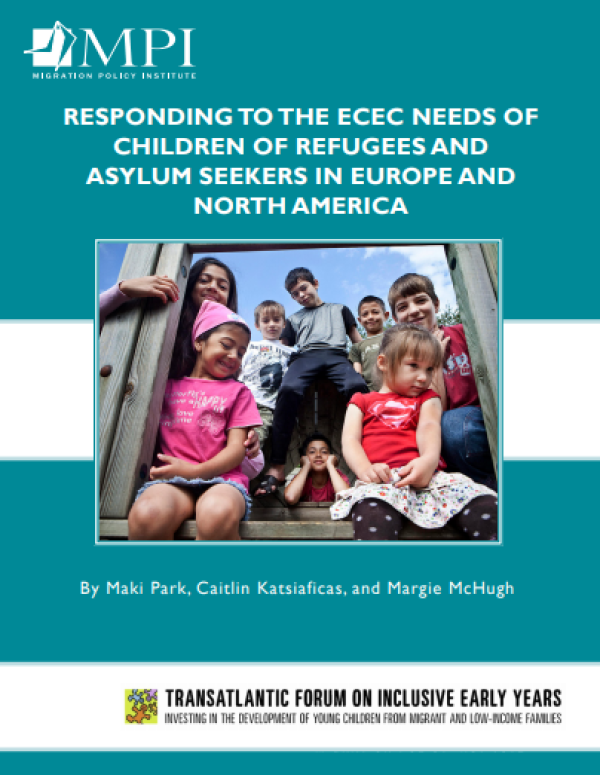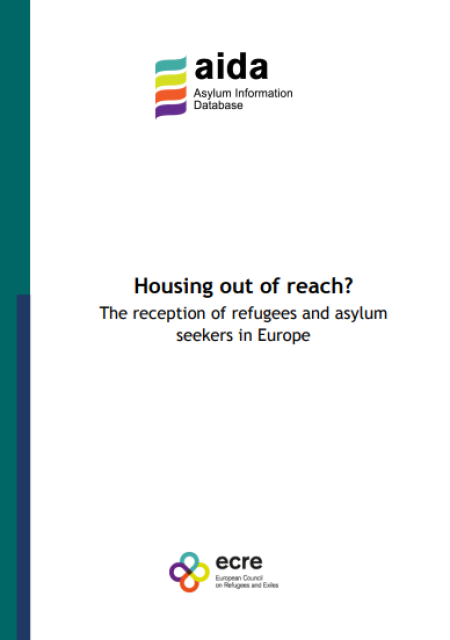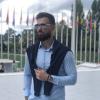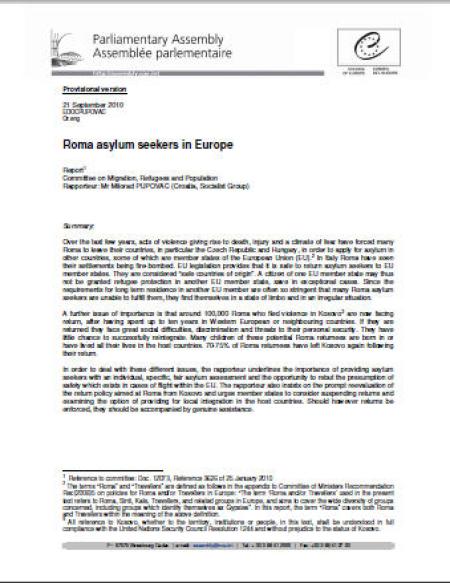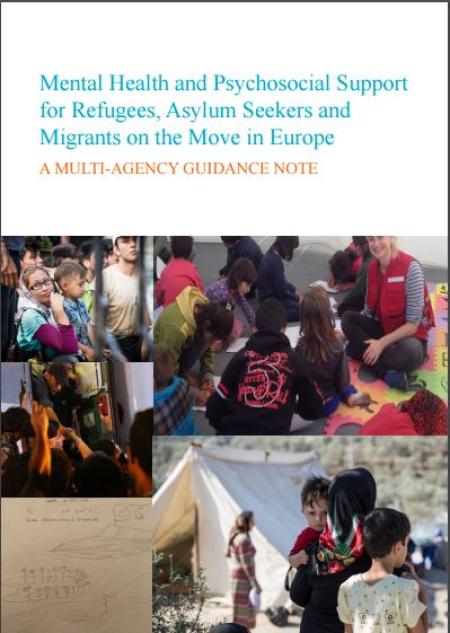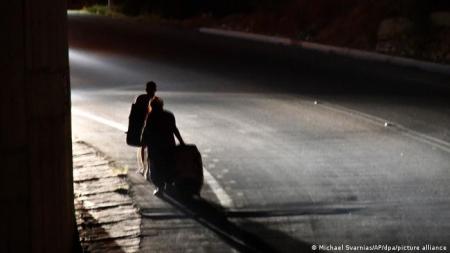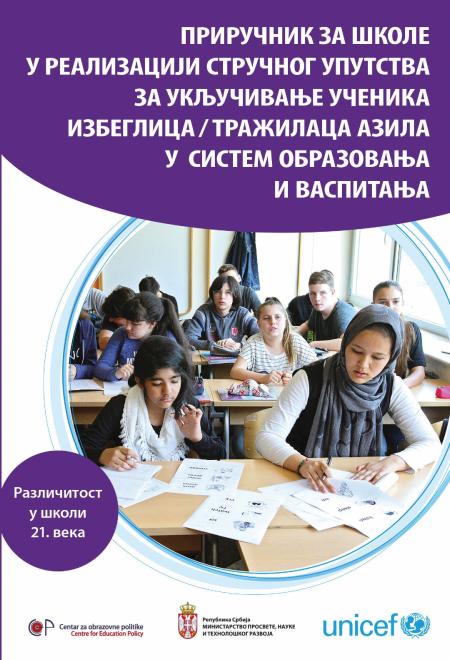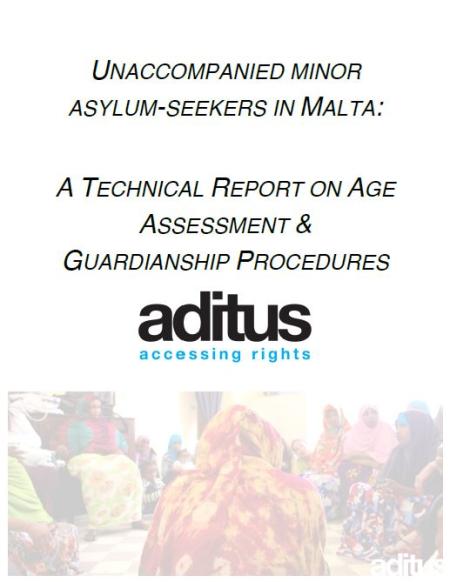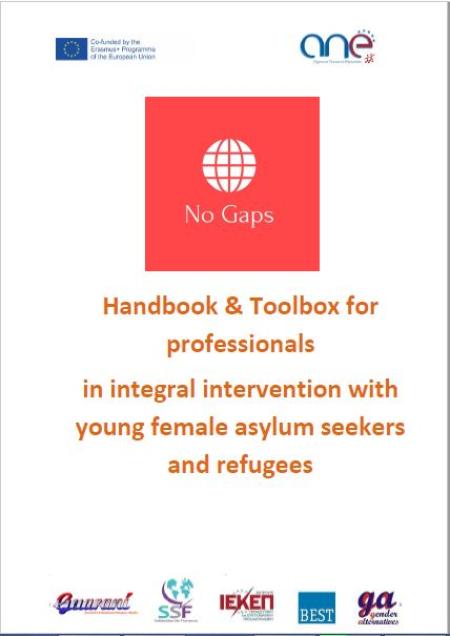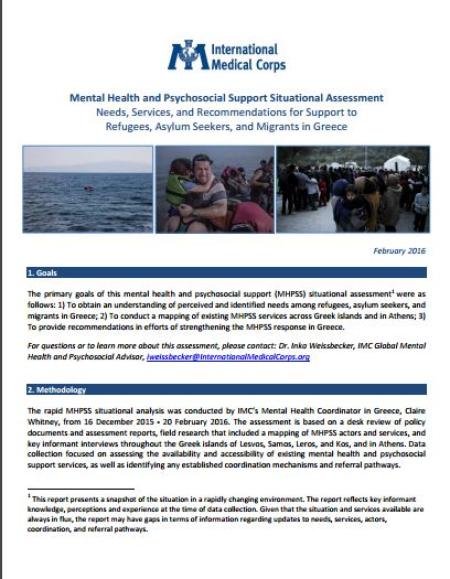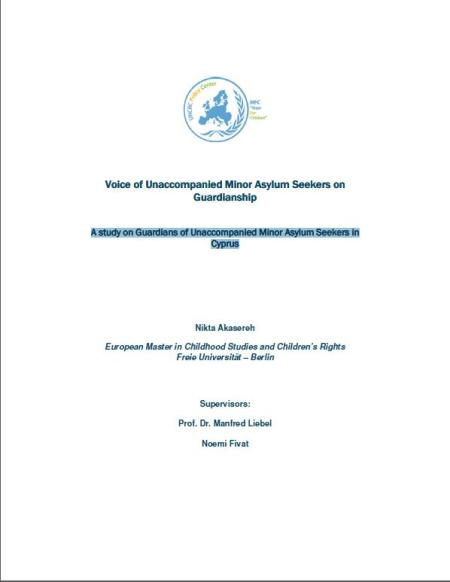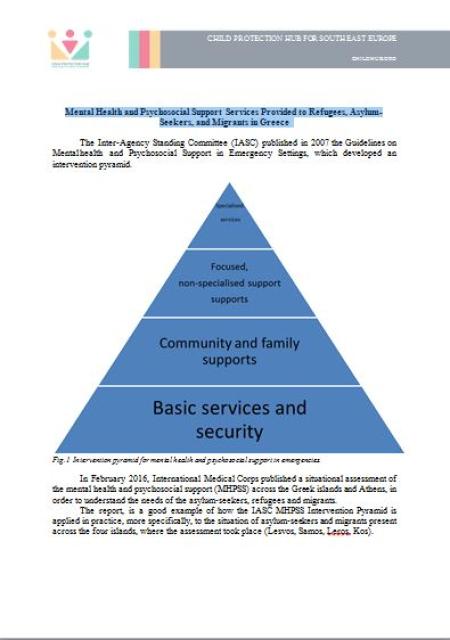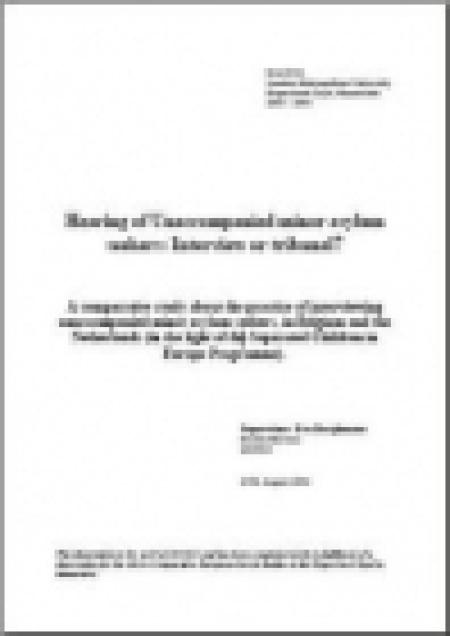
Young children make up a significant share of refugees and asylum seekers. As a result, there is a pressing need for early childhood education and care (ECEC) programs equipped to serve culturally and linguistically diverse learners and their families, including by supporting the healthy development of children who have experienced trauma.
This report explores the findings of a nine-country study of ECEC policies and practices designed to serve young children of refugees and asylum seekers. It draws on fieldwork conducted in Belgium, Canada, Germany, Greece, Italy, the Netherlands, Sweden, Turkey, and the United States to highlights both common challenges and promising practices.
In many of the countries studied, country-wide responses to the ECEC needs of this population have been weak or nonexistent, as has support for the local government actors charged with ECEC service provision. And while many ECEC programs recognize the importance of trauma-informed care, few feel they have the training or resources to adequately provide it. Nonetheless, some countries and individual ECEC programs have developed strategies to better serve these children—from expanding services and language supports, to offering health and educational services in one location, to boosting stakeholder coordination through interagency and community partnerships.
Table of Contents
- Introduction
- Recent Trends in Refugee and Asylum-Seeker Flows
- Increased Stress on European Reception and Integration Systems
- Risk Factors for Young Children in Refugee Families
- The Importance of High-Quality ECEC Services for Refugee Families
- Key Findings: Challenges and Successes in ECEC Provision for Refugee and Asylum-Seeker Families
- Topline Challenges
- Promising Practices
- Conclusion


